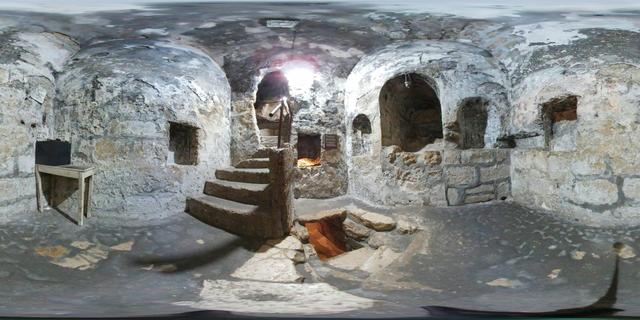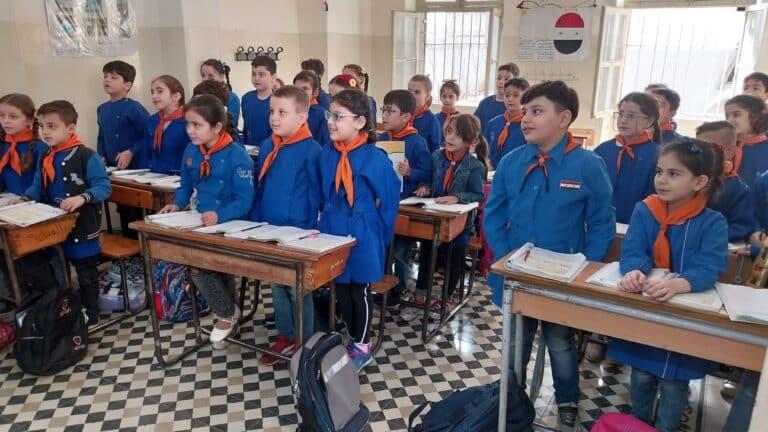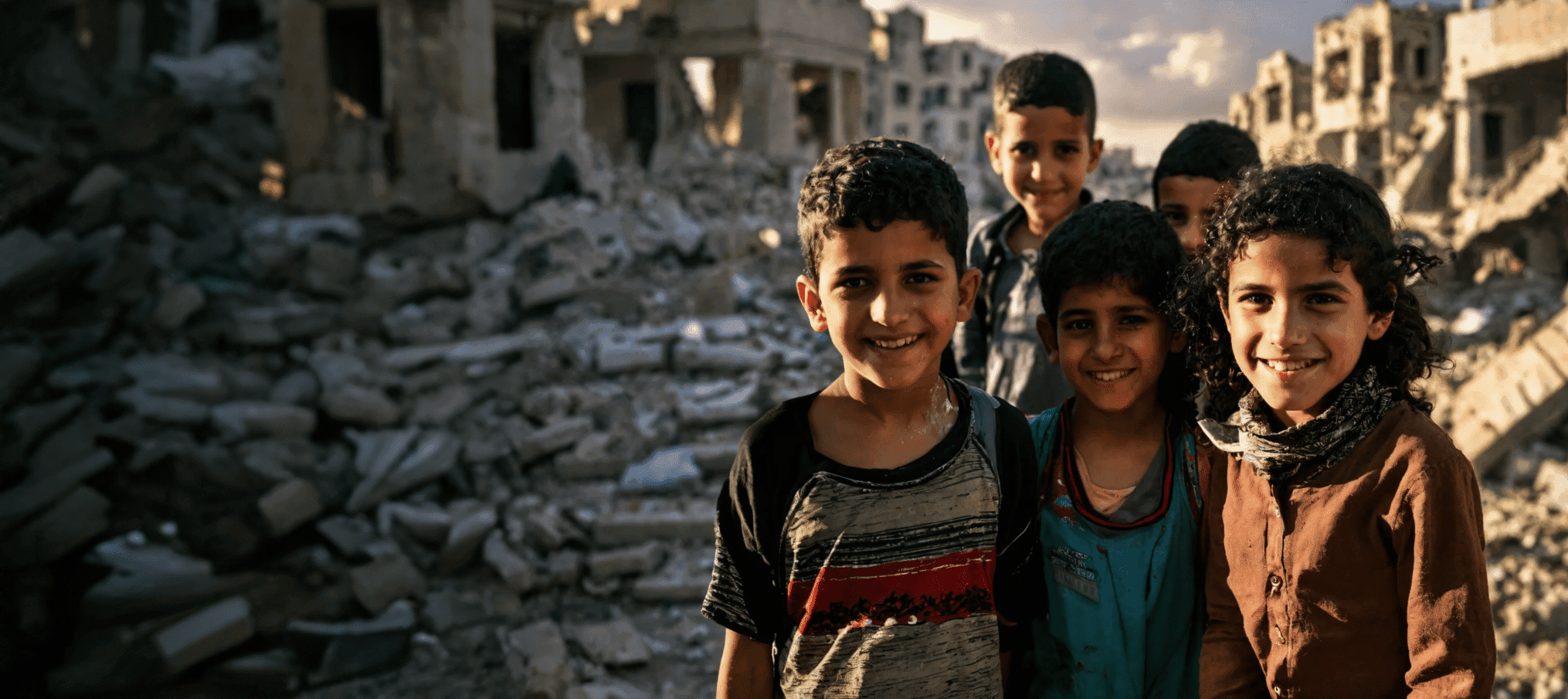"Many of the children who attend our Assistance Centers — which also include after-school activities — have already told us that they won’t be able to return to school this year."
Mid-September: as summer gives way to the first autumn rains and the night stretches its fingers, stealing a few minutes from the day, schools reopen.
In Italy, children and teenagers are concerned about buying the last stationery items and finishing the homework left behind during the holidays: for the most part, it’s a happy moment. Unfortunately, this is not the case everywhere: it is not the case in many parts of the Holy Land, for example, where war and deep economic and social crises have eroded the functioning of the educational system, making school a luxury for a few.
News from Beirut
Our colleague Fadi Behjani, coordinator of Pro Terra Sancta's projects in Lebanon, tells us about the educational situation in the country just days before schools are set to reopen on September 17: "It’s a very critical situation; we don’t know what percentage of children and teenagers will be able to enroll in the new school year, but most likely it will decrease again. Perhaps by a lot."
"First of all, it’s important to keep in mind the difference between the situation of public schools and that of private schools," Fadi specifies. "The former, after the economic crisis that broke out in 2019, closed down due to teacher strikes protesting against extremely low salaries. They have only recently reopened." Private institutions, on the other hand, managed to continue their activities even after 2019: "By granting teachers a salary increase right after the crisis began, they avoided protests and strikes; however, as the economic situation worsened, school fees increased, and private schools became more and more exclusive."
As the costs of private education became prohibitive, many families chose to withdraw their children from school rather than send them to a public school: "On the one hand, the indefinite closure of many state school buildings made it difficult to redirect students; on the other — and this is actually the most common reason — many parents, given the low quality of public education, prefer their children not to study at all."
The number of children dropping out of school is thus steadily increasing, as the costs of ensuring an education — especially a private one — continue to rise: "In the 2020-2021 school year, the percentage of Lebanese children out of school was about 15%; today, the latest studies indicate 21%. Prices are continuously increasing: the average fee for a private school has quickly gone from $1,700 per year per child to about $2,600! These are exorbitant figures, impossible to invest for an average family, especially a large one. Many of the children who attend our Assistance Centers — which also include after-school activities — have already told us that they won’t be able to return to school this year."
News from Aleppo
In Syria as well, the situation is "terrible," as our project coordinator in Aleppo, Jean-François Thiry, describes: for different reasons, a similar impasse has developed, blocking Lebanon. "In Syria, there are private schools run by religious organizations (Christian or Muslim), and public schools: the latter are free, while the former require a payment of about 6 million Syrian pounds per year (around 400 €)."
"These are impossible figures for most Syrian families, even for those working in the same private schools," Jean-François explains. "A teacher in a private school earns about 100 € per month: it’s double the salary of a public school teacher, but still far too little to send their children to the same school. On the other hand," he adds, "the compensation public school teachers receive is so low that they have no incentive to do their job well, drastically reducing the quality of public education: anyone attending a public school who wants to pass the final exams and graduate must necessarily attend some private lessons, which have a cost." And thus, the initial problem returns: poorer families effectively have no access to education.
Among the most urgent and in-demand projects in Syria is support for schools and contribution to tuition fees; another critical intervention in the country concerns the reconstruction and renovation of school buildings destroyed or damaged: "The war and the earthquake caused significant damage to many buildings in the country, including many schools. The dramatic educational situation is compounded by the risk of attending unsafe structures lacking the necessary conditions to host and educate children and youth in full safety."
Rebuilding the “School of Roses”
For this reason, during the summer, we continued the project of renovating a Greek-Catholic school in Aleppo, called El Urud: the “School of Roses.” The school is located in a predominantly Muslim neighborhood and is run by the Melkite Church: the majority of the students are Muslim, while almost all the teachers are Christian. "This peculiarity makes the structure a crucial point for addressing the issue of intercultural and interreligious dialogue," explains Jean-François, "a reference point for encountering and educating diversity. For this reason, we chose to support the El Urud school."
From June to late August, the building was completely refurbished: we repaired the damage caused by bombings and then the earthquake, which had destroyed classrooms, damaged the plumbing, and electrical systems; today, finally, the School of Roses is ready to welcome new students and plant new flowers to harvest.
On Tuesday, September 10, the inauguration of the renewed El Urud school took place: Father George Dalal, head of the school, his deputy George Daikh, and several representatives of local associations active in assistance and education participated. Our General Director, Tommaso Saltini, was also a guest at the ceremony: having traveled to Syria to check on the progress of projects, he did not miss the opportunity to witness the reopening of the School of Roses. "I was sincerely impressed by the atmosphere of trust and serenity toward a future that still appears so uncertain in Syria," commented the Director. "Nothing seems to be restarting from a political or economic point of view, yet the Syrians are capable of coming together as a true community, uniting different religions, cultures, and histories in a virtuous exchange. In this, schools like El Urud play a fundamental role."






























